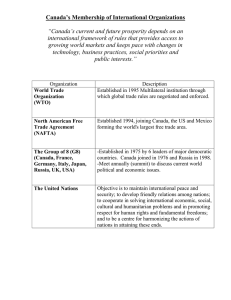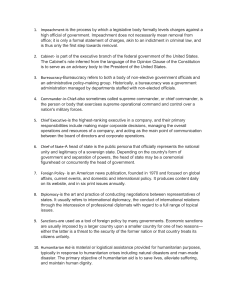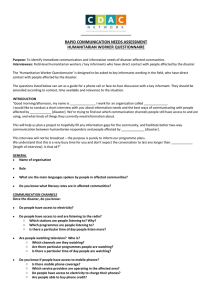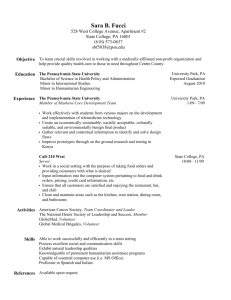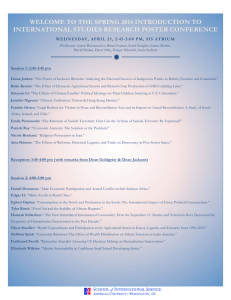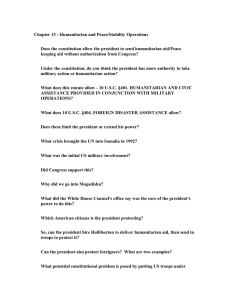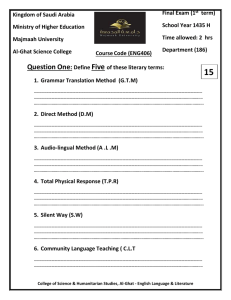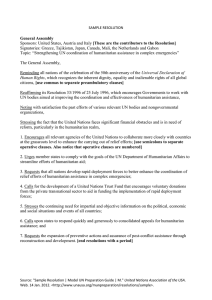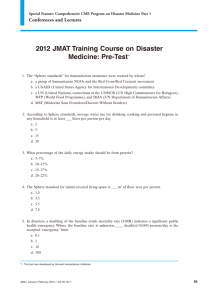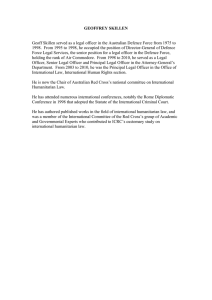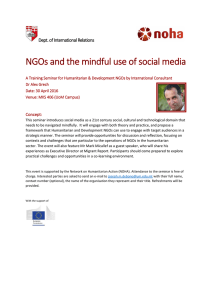1 IP class buzzwords..
advertisement
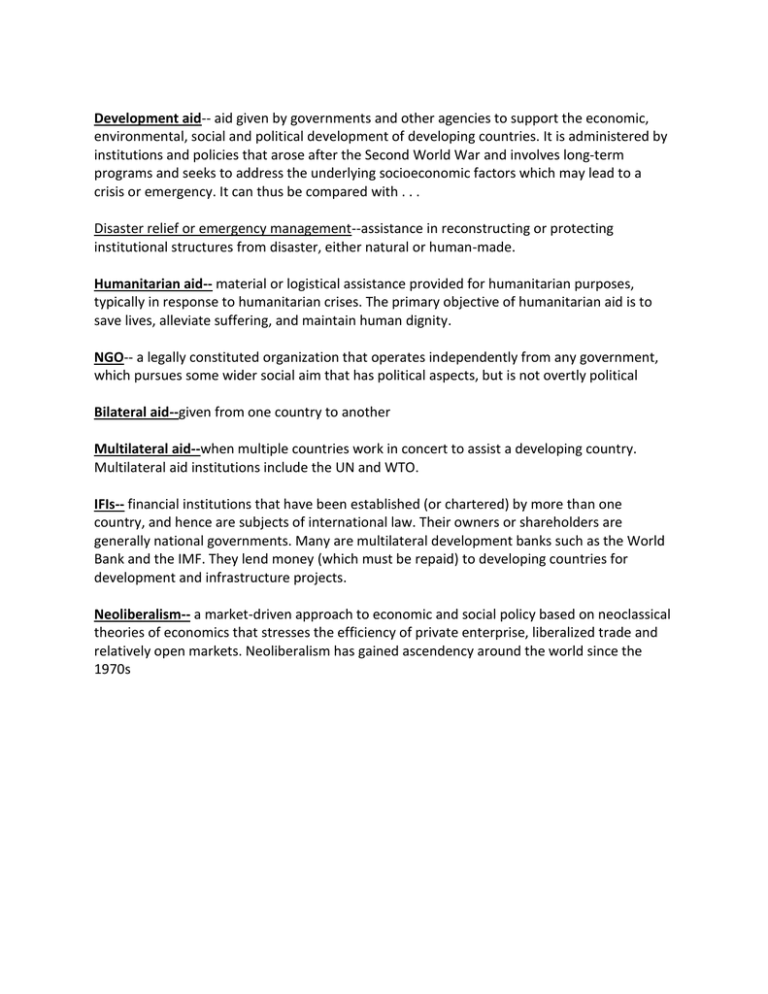
Development aid-- aid given by governments and other agencies to support the economic, environmental, social and political development of developing countries. It is administered by institutions and policies that arose after the Second World War and involves long-term programs and seeks to address the underlying socioeconomic factors which may lead to a crisis or emergency. It can thus be compared with . . . Disaster relief or emergency management--assistance in reconstructing or protecting institutional structures from disaster, either natural or human-made. Humanitarian aid-- material or logistical assistance provided for humanitarian purposes, typically in response to humanitarian crises. The primary objective of humanitarian aid is to save lives, alleviate suffering, and maintain human dignity. NGO-- a legally constituted organization that operates independently from any government, which pursues some wider social aim that has political aspects, but is not overtly political Bilateral aid--given from one country to another Multilateral aid--when multiple countries work in concert to assist a developing country. Multilateral aid institutions include the UN and WTO. IFIs-- financial institutions that have been established (or chartered) by more than one country, and hence are subjects of international law. Their owners or shareholders are generally national governments. Many are multilateral development banks such as the World Bank and the IMF. They lend money (which must be repaid) to developing countries for development and infrastructure projects. Neoliberalism-- a market-driven approach to economic and social policy based on neoclassical theories of economics that stresses the efficiency of private enterprise, liberalized trade and relatively open markets. Neoliberalism has gained ascendency around the world since the 1970s
